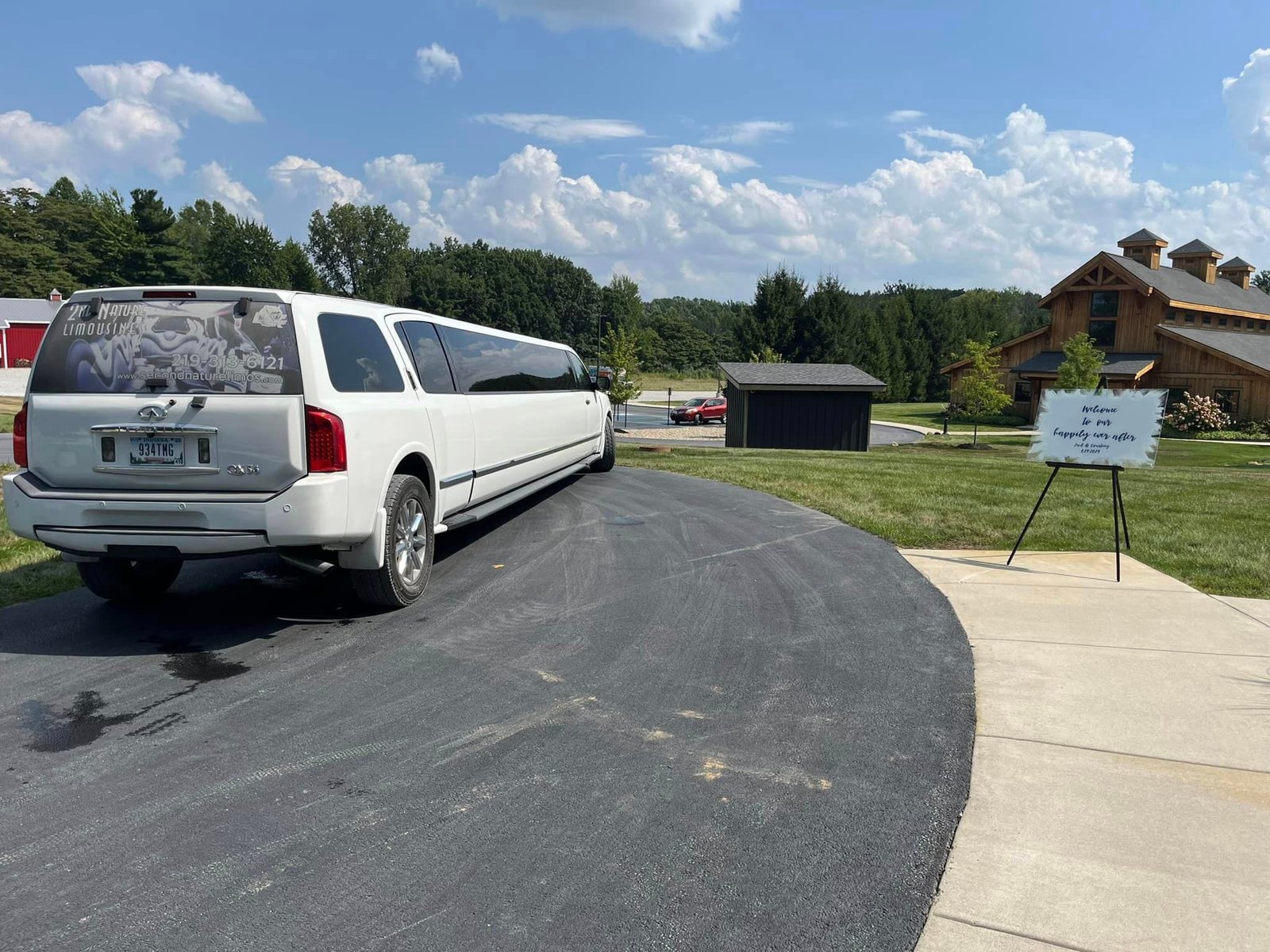Losing your driver’s license in Michigan due to a DUI, multiple traffic violations, or other serious offenses can be a frustrating and life-altering experience. It can affect your ability to work, care for your family, and maintain your independence. Fortunately, Michigan law allows individuals who have had their licenses revoked to restore their driving privileges. However, the process is complicated, lengthy, and requires careful navigation through legal hurdles.
In this article, we will break down the key legal steps involved in restoring your driver’s license in Michigan, as explained by a Michigan Driver’s License Restoration Attorney. We will walk you through what to expect at each stage, providing insights into the legal requirements, paperwork, and hearings, along with the vital role an attorney can play in increasing your chances of success.
Table of Contents
ToggleStep 1: Eligibility for License Restoration
Before you begin the license restoration process, you must first determine if you are eligible. Michigan has strict rules governing when a person can apply for reinstatement. Typically, individuals must wait either one or five years from the date of their last conviction or the date of their last license revocation, depending on the severity of the offense.
Key Considerations:
- If your license was revoked due to multiple DUI convictions or serious traffic violations, the waiting period is usually longer.
- You must serve the full revocation period before applying for restoration. Early applications are not accepted.
Once you confirm your eligibility, the next step is preparing the required documents, a crucial part of the restoration process.
Step 2: Gathering Required Documentation
To apply for driver’s license restoration, Michigan law requires you to submit a variety of documents that demonstrate you have made substantial changes to your behavior and are committed to safe driving.
Essential Documents Include:
- Substance Abuse Evaluation: A professional evaluation of your substance use history and treatment progress. This document is one of the most important pieces of evidence used in your case.
- Letters of Support: You will need 3-6 letters from people who know you well and can attest to your sobriety, responsible behavior, and commitment to not drinking or using drugs.
- 12-Step Meeting Records or Alternative Sobriety Programs: Documentation of your participation in sobriety programs like AA meetings, if applicable.
- Ignition Interlock Device (IID) Compliance (if applicable): If you have been driving under a restricted license with an IID, you will need proof of compliance.
A Michigan Driver’s License Restoration Attorney can help you compile this evidence, ensuring that everything is presented correctly and meets the court’s standards.
Step 3: Filing the Application for a Hearing
Once your documentation is ready, the next step is filing an application for a hearing with the Michigan Secretary of State’s Administrative Hearings Section (AHS). This application is a formal request to have your case heard by a hearing officer, who will decide whether to reinstate your driving privileges.
Application Details:
- The application must be accompanied by your supporting documents, including your substance abuse evaluation and letters of support.
- Filing fees are required at this stage, and any mistakes in your application could result in delays or outright rejection.
Your Michigan Driver’s License Restoration Attorney will ensure that the application is filled out correctly, submitted with all the necessary paperwork, and completed within the designated time frames to avoid any issues that could derail your case.

Step 4: The Driver’s License Restoration Hearing
The hearing is one of the most critical stages in the license restoration process. This is where you present your case to a hearing officer, who will determine if you have met the legal and personal requirements to have your license restored. The hearing will focus on your substance abuse history, your commitment to sobriety, and your readiness to drive responsibly.
What to Expect:
- You will be questioned about your past substance use, the changes you’ve made since your revocation, and your commitment to remaining sober.
- The hearing officer will closely examine your substance abuse evaluation, your letters of support, and your testimony.
- Any inconsistencies between your documents and your testimony can lead to a denial.
This is where having an experienced Michigan Driver’s License Restoration Attorney can be invaluable. An attorney will help you prepare for the hearing, ensuring your testimony aligns with your documentation and that you can confidently answer the hearing officer’s questions. They can also represent you during the hearing, presenting your case in the most favorable light.
Step 5: Post-Hearing Decision and Next Steps
After the hearing, the hearing officer will either approve or deny your request for license restoration. This decision is usually delivered within a few weeks.
Possible Outcomes:
- Approval: If approved, you may be granted a restricted license, allowing you to drive with certain conditions, such as using an ignition interlock device.
- Denial: If denied, you will need to wait a year before reapplying. However, if your denial was based on technical or procedural errors, your attorney may recommend filing an appeal.
Even after approval, it’s important to comply with all conditions set by the hearing officer to avoid any risk of future revocation. A Michigan Driver’s License Restoration Attorney will help you understand the terms of your reinstatement and ensure you follow all legal requirements.
The Benefits of Hiring a Michigan Driver’s License Restoration Attorney
While it is possible to handle your license restoration on your own, the complexities of the process and the high rate of initial denials make it highly advisable to seek legal representation. A Michigan Driver’s License Restoration Attorney brings several key advantages to the table:
1. Expert Knowledge of the Legal Process
An experienced attorney knows the ins and outs of Michigan’s license restoration laws. They understand the legal requirements, how to prepare the necessary documents, and how to navigate the hearing process effectively.
2. Guidance Through Each Stage
Your attorney will guide you through every step, from gathering the right documents to preparing for the hearing. They’ll ensure you avoid common mistakes that often lead to delays or denials.
3. Increased Chances of Success
Statistically, individuals who hire an attorney have a higher success rate in restoring their licenses. An attorney’s expertise ensures that your case is presented properly, maximizing your chances of getting your license back on the first attempt.
Conclusion
The driver’s license restoration process in Michigan is a long, complex, and legally intensive procedure. From gathering the right documentation to navigating the hearing, each step requires careful attention to detail. Hiring a Michigan Driver’s License Restoration Attorney is one of the most effective ways to increase your chances of a successful outcome. With expert guidance and legal representation, you’ll be better equipped to regain your driving privileges and move forward with your life.














